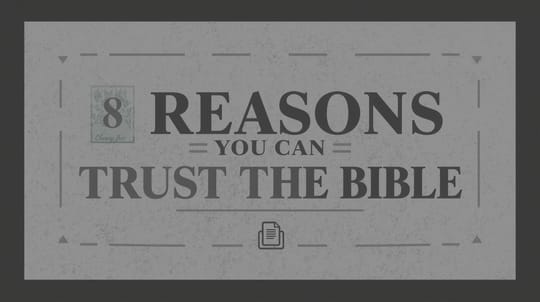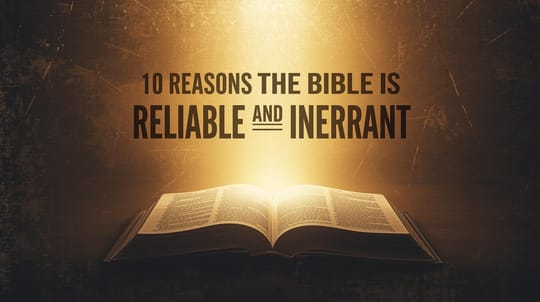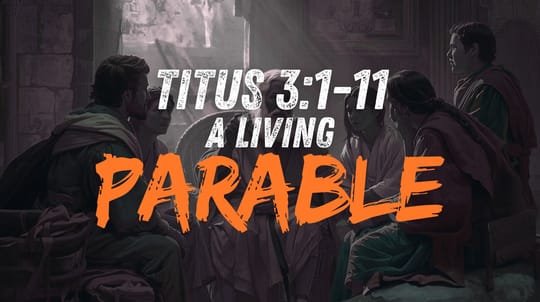Like a good detective, let's examine this book.
🔥 Overview
Habakkuk stands as the eighth book among the Twelve Minor Prophets, consisting of three chapters. It uniquely presents a dialogue between the prophet and God, rather than a message to the people. The prophet, troubled by injustice and suffering, questions why God allows wickedness to go unpunished. God responds by declaring He will use Babylon as the instrument of judgment. Habakkuk resists—“how can a holy God use a wicked nation to punish You?” In Chapter 2, God exhorts trust and declares, “the righteous shall live by his faith” (2:4), a foundational verse in Christian doctrine. Chapter 3 shifts into worship: a prayerful song affirming trust in God despite calamity. Habakkuk ultimately moves from complaint to faith, modeling trust in God’s justice (even when delayed)
🔍 Things to Notice
- The structure: complaint → response/oracle → prayer/song.
- No direct address to Israel; it's a one‑on‑one conversation with God.
- Includes one of the most quoted verses in the New Testament: Habakkuk 2:4.
- Literary shift in Chapter 3 to a liturgical, poetic form.
- Presence of lament, righteous questioning, and eventual praise.
- The theological arc: doubt — dialogue — declaration of faith.
- Background context: rise of Neo‑Babylonian empire during Jehoiakim’s reign.
🙏 Jesus in this Book
(Every book reveals the glory of God, displayed in Christ Jesus)
- Jesus is foreshadowed in the theme of FAITH. Habakkuk 2:4, “the righteous shall live by faith,” is foundational for New Testament teaching on justification and trust in Christ.
👀 Themes
- Faith in the face of inexplicable suffering.
- Divine justice and sovereignty.
- Lament and honest prayer.
- Living by faithfulness, not sight.
- Worship as response to confusion.
- God’s righteous purposes, even through judgment.
😀 Who?
Who wrote it? The book is attributed to the prophet Habakkuk. Very little is known about him—he speaks only from the opening and closing verses of the book. Scholars place his activity during the late 7th century BC, likely during Jehoiakim’s reign (609–597 BC), at the rise of the Neo‑Babylonian Empire. His prophetic voice, marked by bold questioning and heartfelt lament, may indicate a Levitical or temple background, given the poetic/liturgical nature of the book’s final chapter.
🪧 Where?
Where are we? Habakkuk prophesied in the kingdom of Judah, likely in Jerusalem or its environs, during the impending threat posed by Babylon (late 7th century BC). He witnesses a society on the brink of divine judgment through foreign invasion.
⏳ When?
When was it written?: Likely written in Judah, possibly Jerusalem, during the reign of King Jehoiakim (609–597 BC), as Babylon rises to power.
🤔 What?
What is the big idea? Habakkuk wrestles with the tension between God's righteousness and the existence of evil. He shows that true faith endures when we must trust God’s character more than His answers. Ultimately, God calls His people to live by faith amid uncertainty and impending judgment.
🧐 Why?
Why is this book important?
- Habakkuk models honest faith—bringing doubt and pain to God in raw lament which leads to deeper trust.
- His opening dialogue with God encourages believers to bring their struggles into truthful prayer rather than silent despair.
- Habakkuk 2:4, “the righteous shall live by faith,” becomes a cornerstone for Christian theology and New Testament teaching.
- It reminds us that God’s justice may be delayed, yet sovereignly at work behind the scenes.
- The book’s movement from complaint to worship offers a timeless pattern for how to respond when God seems silent.
📝 How?
How can I apply it?
- Be honest with God in prayer when suffering or confusion overwhelms you.
- Choose faith over despair: trust God’s character even when circumstances seem unjust.
- Let “the righteous live by faith” guide your daily walk, not by what you see.
- Move toward worship when clarity fails—declare God’s goodness in song.
- Remember God may use unexpected ways to fulfill His justice; look for His plan.









